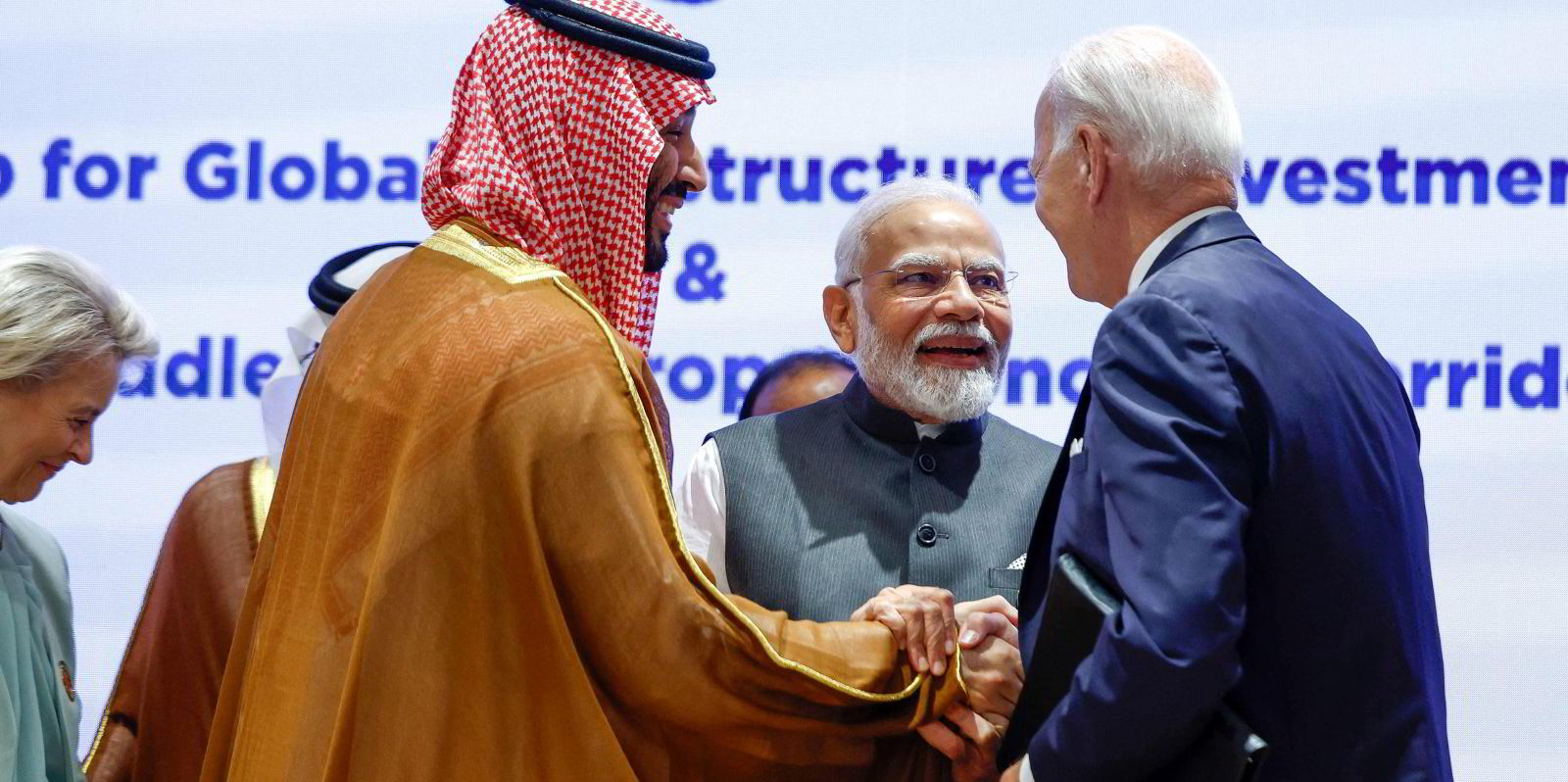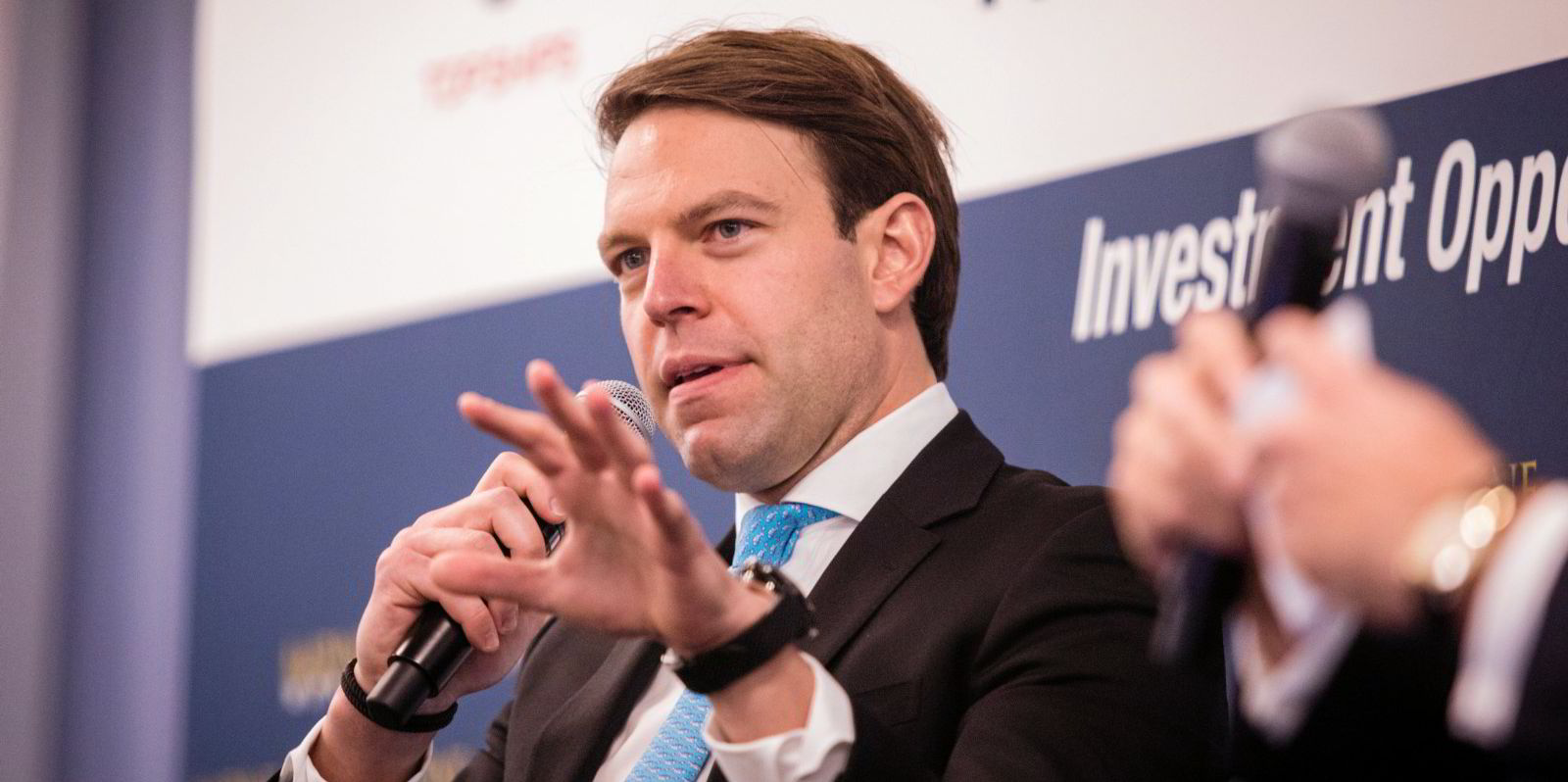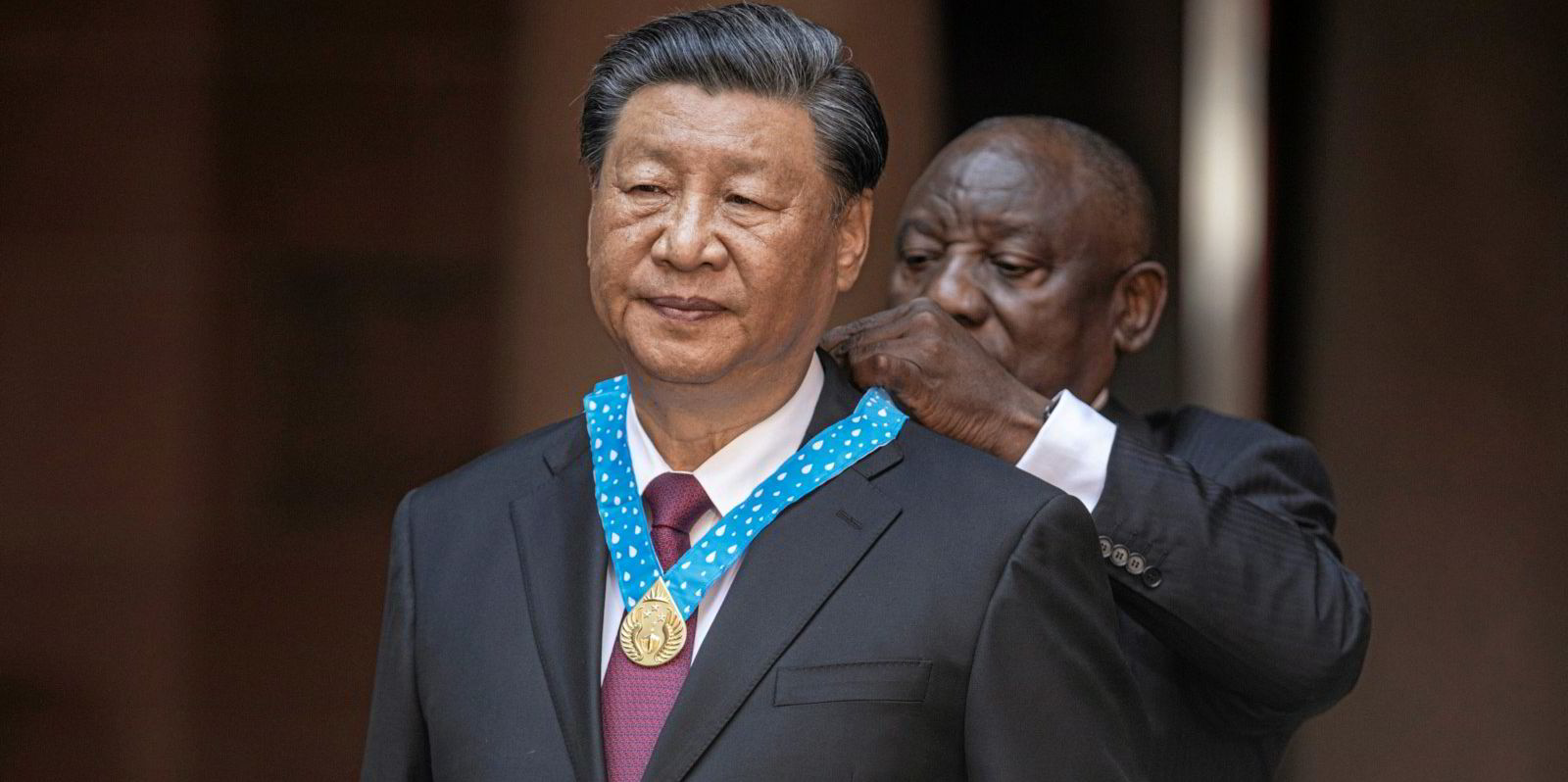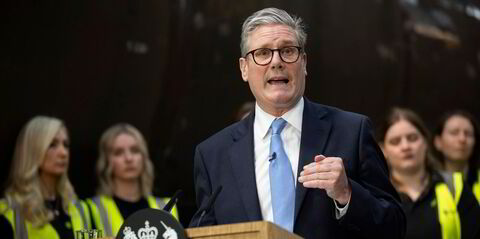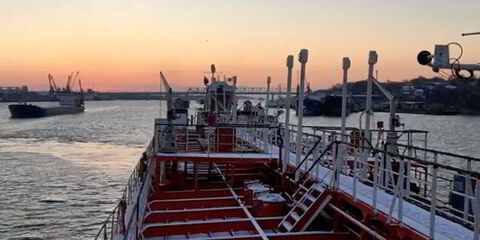It would be easy to be sceptical about the Partnership for Global Infrastructure Investment promising a new sea, rail and digital trade corridor between West and East unveiled at the G20 summit in India this week.
But at a time when the world is fretting about geopolitical fragmentation, the Ukraine war, climate crisis and soaring inflation, it’s a welcome bit of good news if not necessarily seen that way in Beijing or Moscow.
Clearly, there are obvious and immediate questions. Who exactly is going to pay for this ambitious network of upgraded docks, new train links and cable connections which will — it is said — bring peace and prosperity to Europe but also the Middle East and India?
There are no numbers attached to this deal except a somewhat ill-defined one that trade between Europe and India could be speeded up by 40%.
Is it not really a quickly cobbled-together initiative by the US and Europe to compete with China’s worldwide Belt and Road Initiative?
The West’s plan for a “seamless integrated economic corridor” — as described by White House national security advisor Jake Sullivan — is currently only cemented into place by a memorandum of understanding but has momentum and attraction in those participating.
“We are laying a strong foundation for a developed India with this,” said Indian Prime Minister Narendra Modi, flanked by US President Joe Biden and Saudi Crown Prince Mohammed bin Salman.
“This is a big deal. This is a really, big deal,” added Biden, whose advisors insisted it would include hard transport infrastructure as well as economic and technical connections.
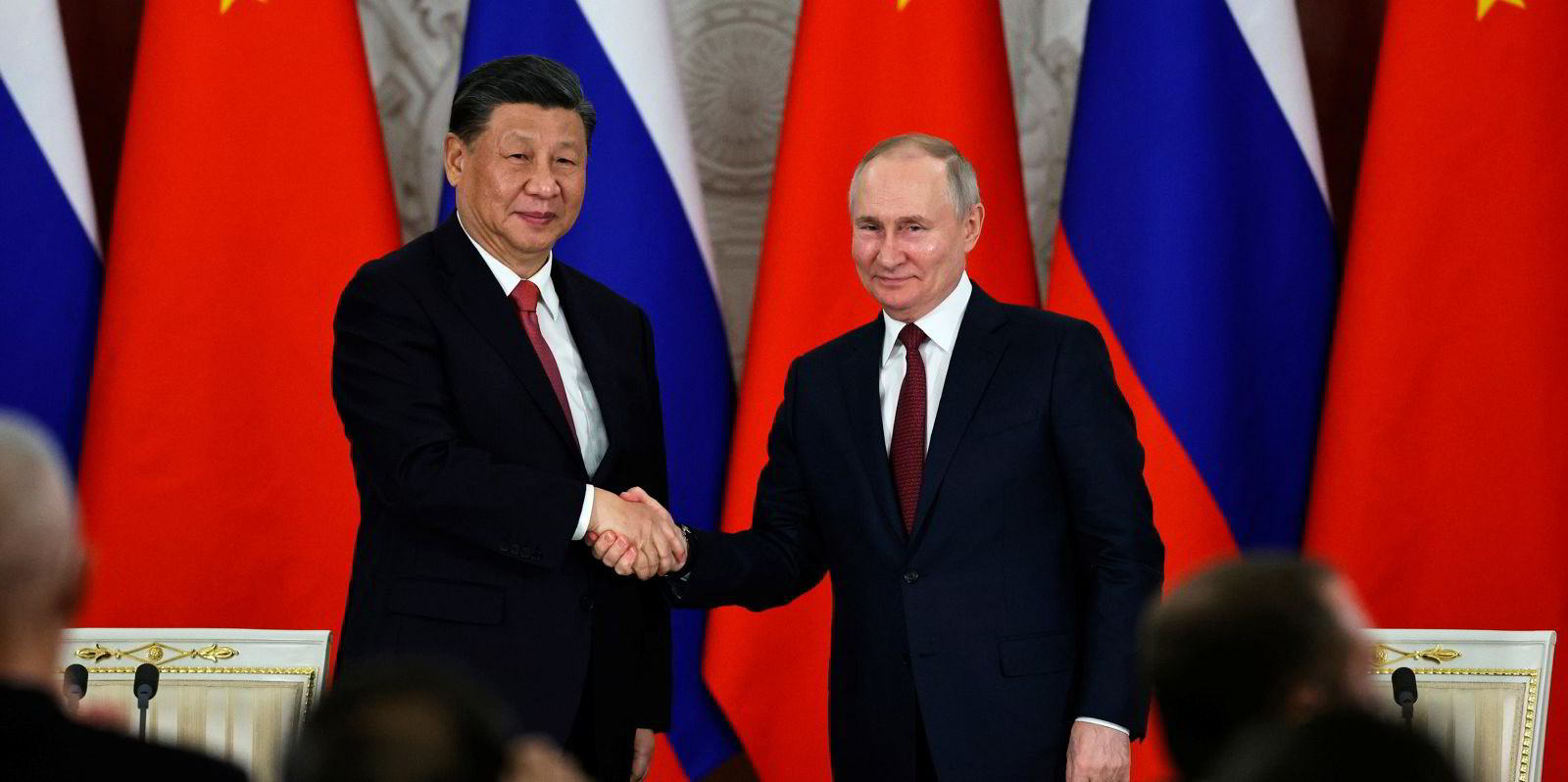
It is also billed as turning the temperature down on turbulence and insecurity in the Middle East by creating jobs, investment opportunities and warmer relations.
The Belt and Road Initiative, which has involved major Chinese investment in foreign ports in the global south, has been criticised for creating debtor “client nations”.
John Finer, another White House official, said this new global partnership would be different: “We see this as having a high appeal to the countries involved, and also globally, because it is transparent, because it is [of a] high standard, because it is not coercive.”
There is little to dislike for shipping in this project should it build into anything like the “groundbreaking” scheme promised by the US.
Kudos and investment
Certainly, part of it is built around enabling the changed oil and gas export shipping routes from the Middle East to work more freely.
The embargoes on Russia’s energy products have already ramped up the movement of, and enthusiasm for, LNG shipping from the likes of Qatar to Europe and India.
Saudi Arabia, also a signatory to the memorandum, has long wanted its status of biggest crude exporter to bring more international kudos — and investment.
Dubai is already a key maritime centre and this can be expected to grow.
The involvement of Israel brings hopes of a thawing of relations between that country and its neighbouring Arab states.
The European Union is involved but not Britain, it would appear, as that country continues its inward soul-searching about its post-Brexit role in the world.
Fortunately, the London maritime sector continues to largely ignore local political inertia and is getting on with creating business and hosting its International Shipping Week.
Global influencers
China, whose leader Xi Jingping like Russia’s Vladimir Putin, did not turn up at the G20 meeting, has also been building links and influence in the Middle East, a vital source of energy for the world’s biggest oil importer. Beijing recently and unexpectedly hosted a rapprochement between Iran and Saudi, which shook Washington and no doubt influenced this latest partnership initiative.
While Russia and China are also both working to build up the influence of the Bric trade group of developing countries, Biden sees the G20 as the place to exert influence.
Hopefully, the huge US commitment to decarbonisation through the Inflation Reduction Act can form part of the strategy for this new partnership.
As we have stated before in this column, some of these manoeuvres and realignments will play out inside the International Maritime Organization but shipping is almost always a taker not a maker of geopolitics.
That said, the maritime industry is also amazingly adept at creating opportunities out of difficulties as it has done through Covid and Ukraine.
The Partnership for Global Infrastructure Investment may yet be a “big deal” for shipping.
